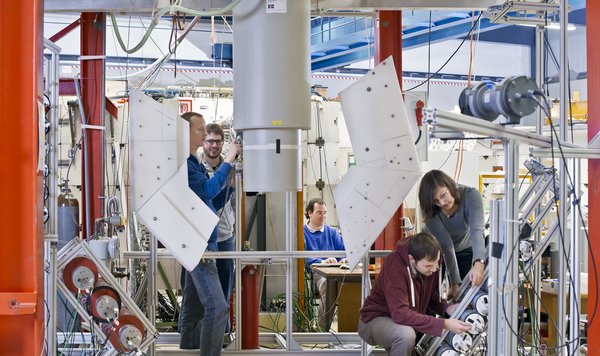The general structure of all our Master's degree programs in Physics is similar. It is described on the curriculum page of the Master's degree program in Physics.
including the possible special courses
- PH2035 Plasma Physics 1
- PH2036 Plasma Physics 2
- PH2196 Fusion Research
- PH2037 Magnetohydrodynamic Phenomena - an Introduction
- PH2175 Turbulenz in neutralen Fluiden und Plasmen
- NAT3051 Kinetic Physics and non-ideal MHD Phenomena in High Temperature Plasmas
recommended student seminars:
- PH1326 Plasmaphysik und Fusionsforschung or
- PH1376 Seminar Plasma Physics
Student Academic Advisor MSc Physics
Dr. Martin Saß
Tel.: +49 (89) 289 - 18463
Office: Mathematics/Informatics Building, FMI 01.06.038
study@nat.tum.de
Open office hours during lecture period: Wednesday 1:30 pm - 3:00 pm and Thursday 9-11 am
